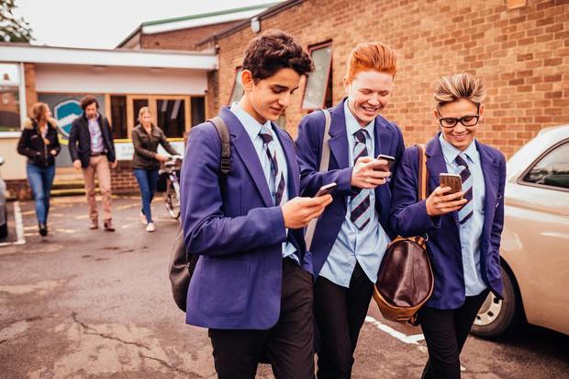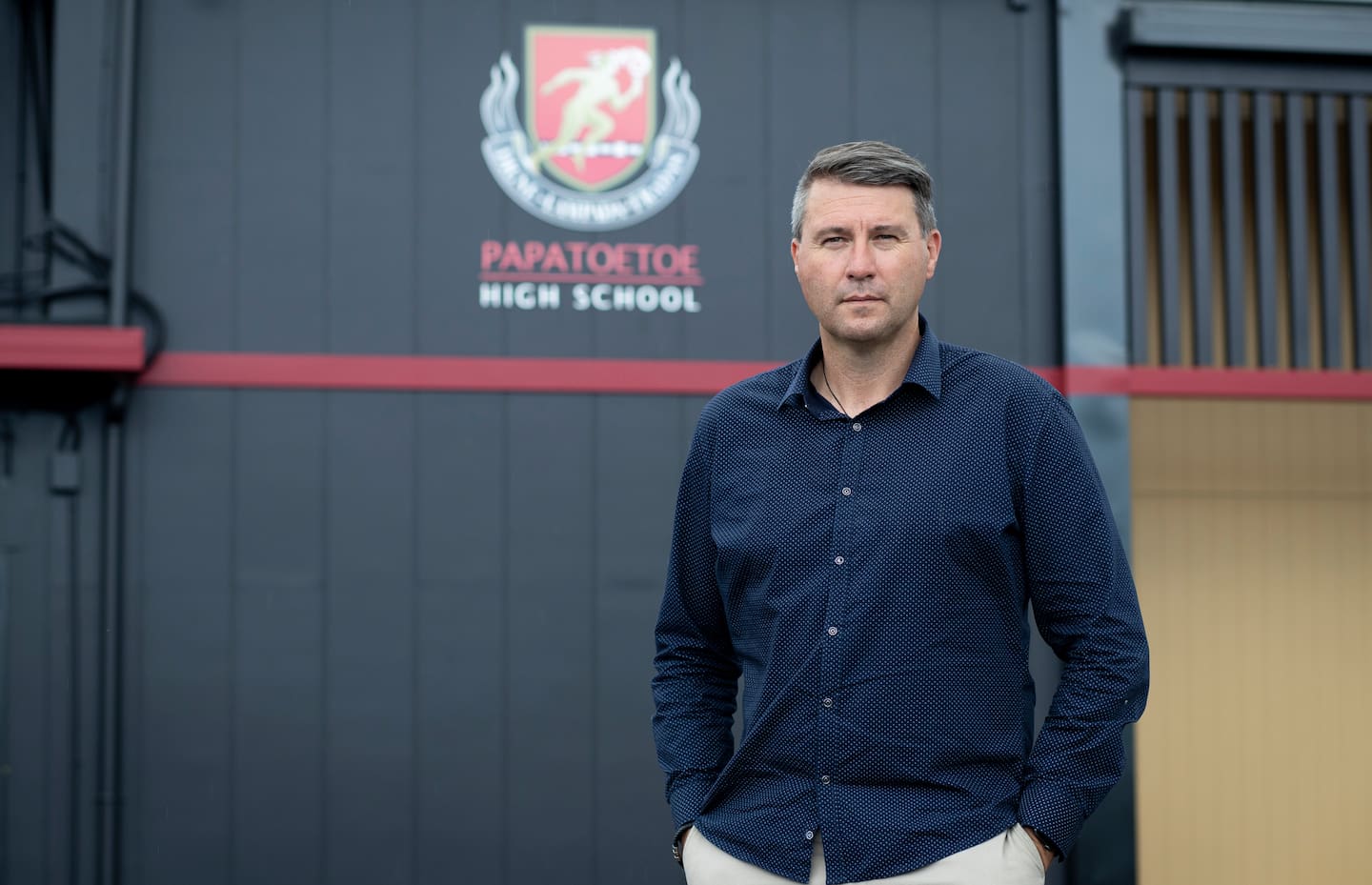
The Government’s nationwide school phone ban is set to come into effect today as students head back for the beginning of Term 2. But some principals expect “teething problems” and others wonder if devices such as smartwatches or AirPods will provide a loophole to get around the ban.
A ban on cellphones in schools was one of the Government’s key policies heading into last year’s general election to help lift educational achievement, reduce online bullying and remove distractions from the classroom.
The legislation states the ban will impact all students across the country, including primary, intermediate and secondary-aged children.
Prime Minister Christopher Luxon says he hopes the ban will “turn around falling achievement - students need to focus on their schoolwork during their precious classroom time”.
“That means doing what we can to eliminate unnecessary disturbances and distractions.”
From April 29, students are expected to have their cellphones turned off and away from their person all day, including during breaks and between classes.
‘Improving mental health for kids’ - Education Minister
Education Minister Erica Stanford told Newstalk ZB’s Mike Hosking said the cellphone ban in schools is turning into an incredibly positive policy.
”Formby High School said we haven’t had a single case of cyberbullying since the ban was put in place,” she said.
”I’m starting to think this will be one of the best things we have ever done.”
She said other countries were interested in the plan.
”I was just at a conference in Singapore and all the education minister wanted to talk to me about was ‘How did you do it and what did you do’.”
When asked about whether the ban would extend to devices such as smartwatches and laptops, Stanford said they would keep an eye on it.
”We haven’t really had any problems with things like kids going to their bag and getting a laptop,” she said.
”It’s a bit of an inconvenience, I don’t think it’s that much of a problem but we’ll keep an eye on it and see how things go.”
Stanford said she is quite happy to be the villain when it comes to the ban.
”If it means improving mental health and academic outcomes for our kids.”
What does a phone ban look like?
Secondary Principals’ Association of New Zealand (Spanz) president Vaughan Couillault says many schools have proactively implemented the rules since the beginning of the school year.
Schools will be able to decide exactly how they enforce the ban, but it could mean requiring students to hand in their phones before school or leave them in their lockers or bags.
Papatoetoe High School had not received a significant amount of negative feedback since implementing the “gentle ban” in February, Couillault said.
At this stage, the use of laptops at break times is exempt from the rules as they are connected to the school network and can be monitored more closely.
Couillault said other “notification-based devices”, such as smartwatches, which had the potential to distract students, “haven’t been explored yet”.
“It all starts to get a bit complicated” when other devices with an ability to connect to the internet were discussed.

Spanz president Vaughan Couillault is also principal of Auckland's Papatoetoe High School. Photo / Dean Purcell
Couillault said some schools had also banned AirPods as they were often connected with phone use.
Phone bans had been implemented in a number of schools for some years, he said.
New Zealand Post-Primary Teachers’ Association Te Wehengarua (PPTA) acting president Chris Abercrombie was “hopeful everyone understands the benefits. It’s a Government policy, not just a school’s.
“Technology often goes quicker than rules; students will always find loopholes,” Abercrombie said.
He expects some teething problems.
“It’s going to be a big step up for some offices.”
Potential concerns
Unlike some other schools, tomorrow will be the “very first time” Huntly College has restricted phone use by implementing a ban.
Principal Rachael Parker said the school was anticipating some pushback from students.
“Our main concern is defiance.”
In terms of the practicality of the rollout at Huntly College, Parker said it felt like taking “quite a few steps back” because phones were often relied on as a teaching tool.
The ban will also mean teachers can’t use their phones in front of students at break times. Parker said the school’s ban follows the principle that “a rule for one is a rule for all”.
With all communication to students going through the school office, Parker said there was potential for miscommunication.
“It increases office workload, delaying communication with sports coaches and employers for after-school jobs.”
This story was originally published on the Herald, here
Take your Radio, Podcasts and Music with you









